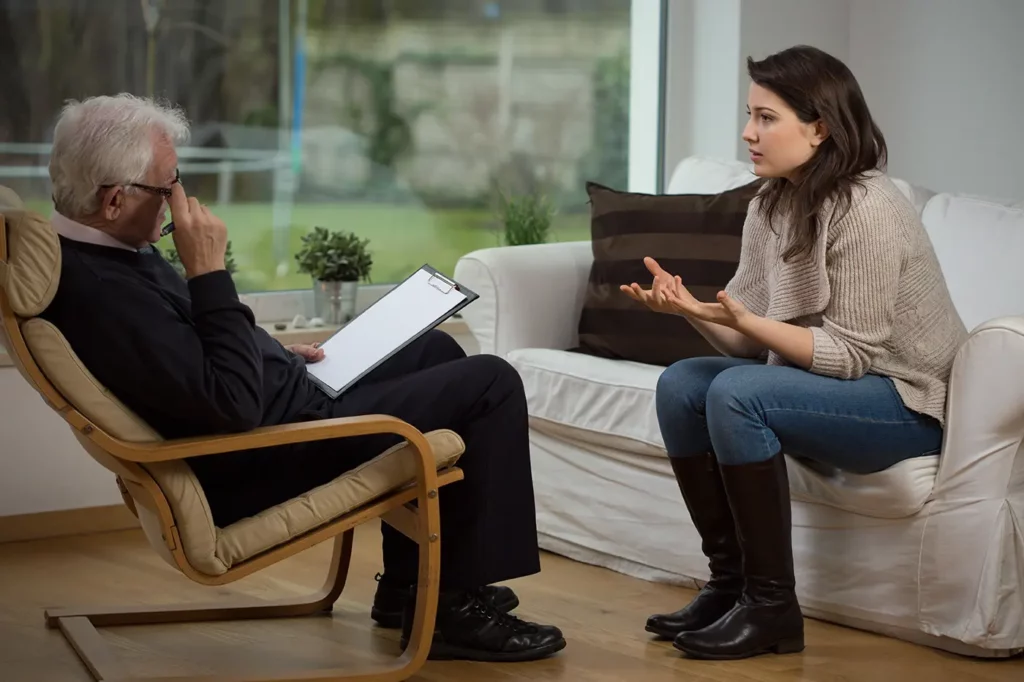24/7 Helpline:
(866) 899-221924/7 Helpline:
(866) 899-2219
Learn more about Inpatient Rehab centers in Monrovia
Inpatient Rehab in Other Cities

Other Insurance Options

BlueShield

EmblemHealth

WellCare Health Plans

Covered California
Beacon

Optum

Sutter

ComPsych

Providence

WellPoint

UnitedHealth Group

Ceridian

PHCS Network

CareFirst

BlueCross

State Farm

Oxford

American Behavioral

Kaiser Permanente

CareSource

Living Proof Recovery Center
Living Proof Recovery Center is a private rehab located in Monrovia, California. Living Proof Recove...

Garfield Place Transitional Sober Living Home
Garfield Place Transitional Sober Living Home is a private rehab located in Monrovia, California. Ga...

Alcohol Abuse and Addiction Information and Treatment
Alcohol Abuse and Addiction Information and Treatment is a private rehab located in Monrovia, Califo...













